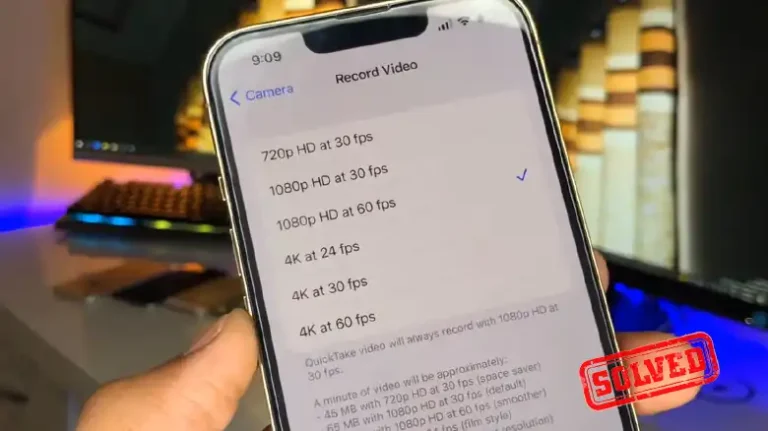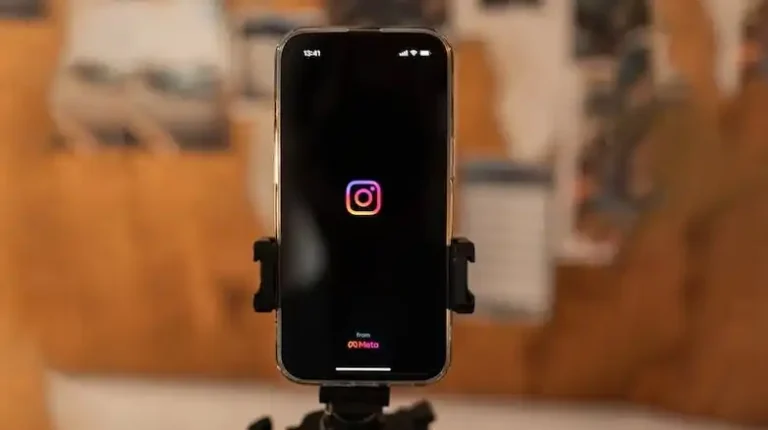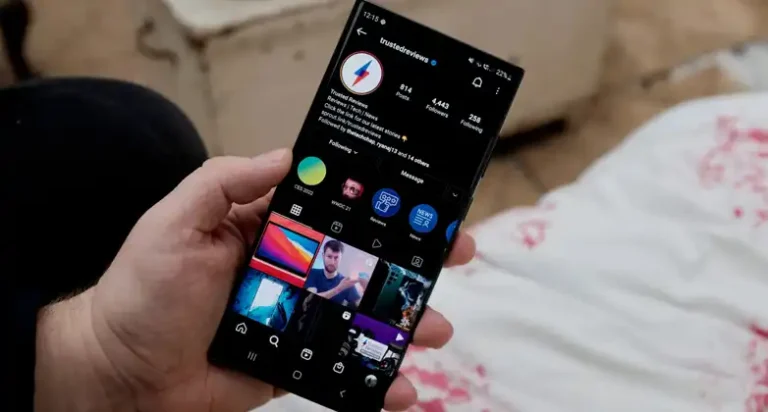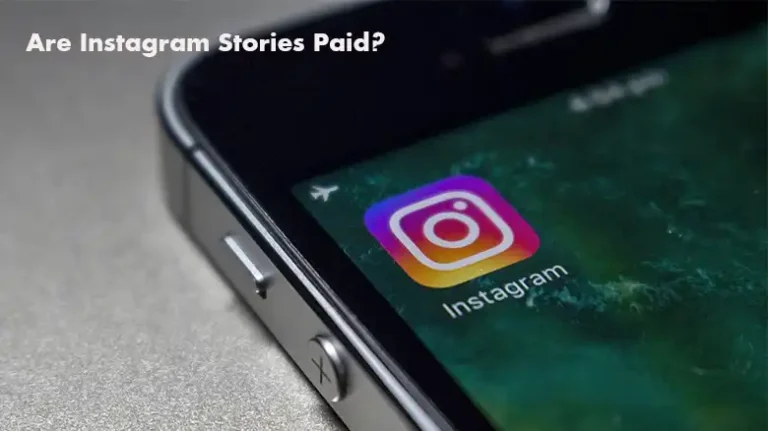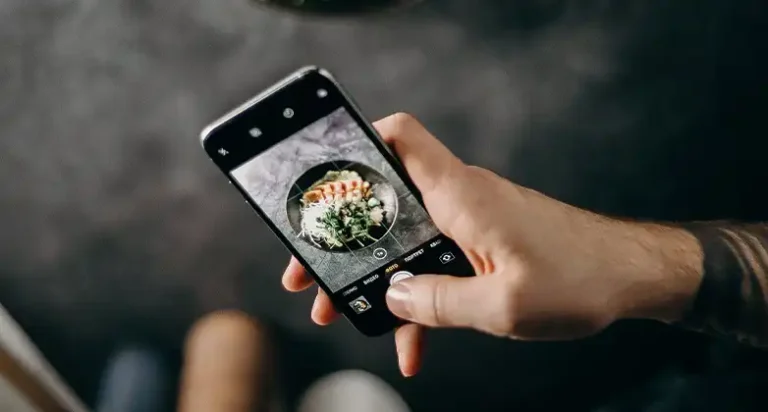Is It Legal to Copy Instagram Posts? Instagram Reposting
As an avid social media user, I’ve often found myself wondering about the legality of copying Instagram posts. With the advent of social media, sharing content has become a daily occurrence for millions of users. However, copying someone else’s content without permission can raise significant legal questions. In fact, copying an Instagram post without permission can be a copyright infringement.
In this article, I’ll discuss the intricacies of copying Instagram posts, exploring when it’s legal, when it’s not, and how to do it within the bounds of the law. Additionally, we’ll take a closer look at the legal perspectives in the United States, the United Kingdom, and Europe.
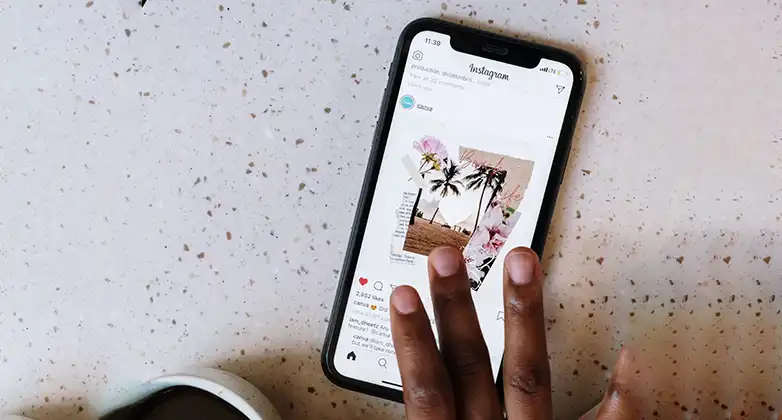
Is It Legal to Copy Instagram Posts?
Copying Instagram posts can be a contentious issue, and the legality of doing so often depends on various factors, including the nature of the content, the permissions involved, and the jurisdiction in which you reside. Let’s explore the nuances of this topic:
When It’s Legal:
- Your Own Content: You are generally free to copy and repost your own content on Instagram, as you own the intellectual property rights to your creations. This includes photos, videos, and captions that you’ve shared on your account.
- Publicly Available Content: Instagram is a public platform, and content that users make public is generally accessible and shareable. If a user has set their profile or posts to public, you can usually copy and repost their content as long as you follow any relevant terms of service and guidelines.
- User-Generated Content: If you have received explicit permission from another user to repost their content (commonly referred to as user-generated content or UGC), you can legally copy and share it. Make sure to obtain written consent and give proper attribution to the original creator.
When It’s Not Legal:
- Private Content: Reposting or copying content from a private Instagram account without the owner’s consent is likely to be considered illegal, as it violates their privacy and terms of service.
- Copyright Infringement: Copying someone else’s original content, such as photos, videos, or written works, without proper attribution and without the creator’s permission is often regarded as copyright infringement. This is a violation of intellectual property rights and can lead to legal consequences.
- Commercial Use without Permission: Using someone else’s Instagram content for commercial purposes, such as in marketing or advertising, without their permission is almost always illegal.
How to Copy Instagram Posts in a Legal Way?
Copying Instagram posts legally requires adhering to specific guidelines and obtaining the necessary permissions. Here’s how you can copy and share content while staying within the bounds of the law:
- Obtain Permission: If you wish to repost someone else’s content, whether for personal or commercial use, the first step is to obtain explicit permission from the content owner. This permission should ideally be in writing and specify how they want to be credited.
- Give Proper Attribution: When sharing someone else’s content, always give proper credit to the original creator. This means tagging their Instagram handle and mentioning them in the caption or description.
- Respect Privacy Settings: If a user has a private account, do not attempt to copy their content without their consent. Respecting privacy settings is essential to avoid legal issues.
- Respect Copyright Laws: If you intend to copy and use copyrighted content, ensure you have the appropriate licenses or permissions from the copyright owner. This is especially important when sharing music, artwork, or other creative works.
Legal Perspective in the US, UK, and Europe
The legal framework surrounding Instagram content varies across different jurisdictions. Let’s explore the legal perspectives in the United States, the United Kingdom, and Europe:
United States:
In the United States, copyright law applies to Instagram content. The Digital Millennium Copyright Act (DMCA) provides a framework for reporting copyright infringements on platforms like Instagram. If you believe your copyrighted content has been used without permission, you can file a DMCA takedown notice. Users found in violation of copyright can face legal penalties, including fines.
On the other hand, user-generated content and fair use can provide some flexibility. UGC may be shared with permission, and fair use may allow for limited use of copyrighted content for purposes like criticism, comment, news reporting, or education. However, the concept of fair use can be highly subjective and is subject to legal interpretation.
United Kingdom:
In the United Kingdom, copyright laws protect original content posted on Instagram. The Copyright, Designs and Patents Act 1988 grants copyright protection to creative works, including photos and videos. Copying such content without authorization could lead to legal action for copyright infringement.
The UK’s Data Protection Act also addresses issues related to personal data and privacy. It’s important to respect the privacy settings and terms of service of Instagram to avoid violating these laws.
Europe:
The European Union has a comprehensive legal framework for data protection, known as the General Data Protection Regulation (GDPR). GDPR imposes strict regulations on the handling of personal data and may affect the copying and sharing of Instagram content, especially if it involves the use of personal data without consent.
In terms of copyright, EU countries generally follow the Copyright Directive, which protects the rights of content creators. Like in the UK and the US, copying and sharing copyrighted content without permission can lead to legal consequences.
Can I copy and repost someone’s Instagram photo if I give them credit in the caption?
Providing credit is a good practice, but it may not always make copying and reposting legal. You should still obtain permission from the content owner.
Is it okay to share someone’s Instagram story on my own account?
Sharing someone’s Instagram story directly to your story is a feature provided by the platform, and it’s generally considered acceptable as long as the story was made public by the original user.
Can I use Instagram content for memes or parodies?
Using Instagram content for memes or parodies might be considered fair use in some cases, but it’s a complex legal area. It’s essential to consider factors like the purpose, nature, and amount of the content used.
What are the consequences of copyright infringement on Instagram?
Consequences may include the removal of the infringing content, restrictions on your account, and legal actions, such as cease and desist letters or lawsuits, which can result in monetary damages.
Sum Up
The question of whether it’s legal to copy Instagram posts is not a straightforward one. While there are situations in which copying is legal, it often depends on permissions, attribution, and the jurisdiction you are in. It’s crucial to respect the rights and privacy of content creators and adhere to the relevant laws in your region. If in doubt, seek legal advice before copying and sharing Instagram content, especially for commercial use. Ultimately, responsible and ethical use of social media platforms benefits both content creators and consumers.
